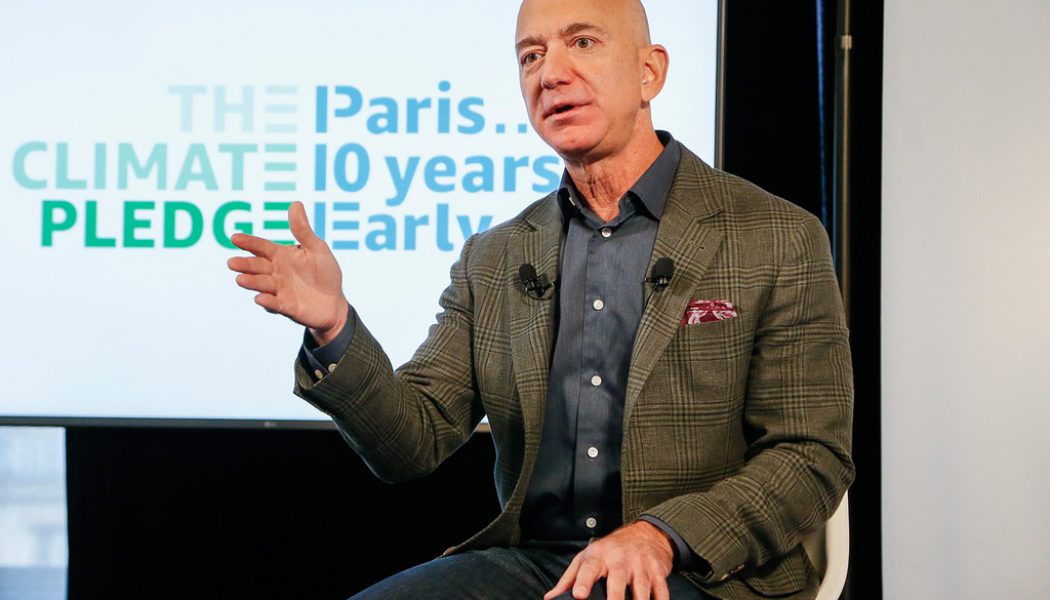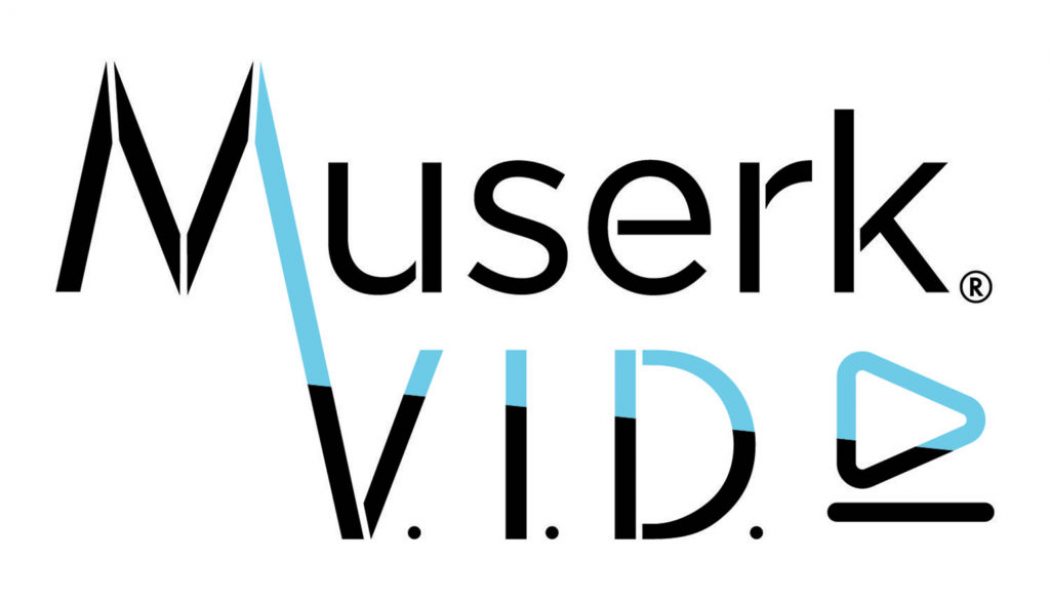Publishing
BMG Posts Solid First Half of 2020, With Revenue Jumping 4.8% and Streaming Up 26%
Despite the COVID-19 pandemic, the company says it just had its best first half since launching in 2008. The pandemic-causing economic downturn didn’t slow down BMG as the music company posted a 4.8% increase in revenue to €282 million euros ($310.8 million) at the mid-year point ended June 30, up from €269 million ($303.9 million) in the year-earlier period. The music operation of German conglomerate Bertelsmann also managed to hold its own in terms of profit, posting €49 million in earnings before interest, taxes, depreciation and amortization, the same amount it had in the first half of 2019. But with profit levels holding steady while revenue grew, that resulted in EBITDA margin falling to 17.3% from 18.1% in the prior half year results. The results represent the company’s “...
Thinking of Selling Your Catalog? How to Plan the Smart Way: Video
Watch a panel modered by Billboard editorial director Hannah Karp and hosted by A/B Bernstein offering guidance to creatives considering the move. Combine a surge in music streaming, a pause in live revenue and a slew of potential buyers seeking steady returns — it’s no wonder many songwriters are currently asking themselves, “Should I sell my catalog?” To help answer that question and many others, investment management and research firm A/B Bernstein hosted a live-streamed panel discussion this month to provide advice for songwriter catalog sellers about what to expect in the sale process, including anticipated legal issues. Also addressed? Important estate planning steps that may be relevant for long-term financial and tax planning. Hosted by A...
RZA Sells 50 Percent Of Catalog To Hipgnosis Songs
Source: Tim Mosenfelder / Getty RZA has certainly amassed a lengthy catalog over the past two decades and more, with a career that began before the global impact of The Wu-Tang Clan where he found fame. The Abbot of the Shaolin Swordsmen sold half of his classic catalog to Hipgnosis Records, joining other artists and producers by placing their catalog into the hands of the British music publishing company. Variety reports that RZA, born Robert Diggs, sold half of his copyright interest and writers share to Hipgnosis, which specializes in protecting and promoting the value of popular music as the industry pivots primarily towards the streaming market. Given that physical copies are largely niche items among collectors, monetizing music in the near future will have to find new pathways to su...
Universal Music Publishing China Hosted a ‘League of Legends’ Songwriting Camp With Riot Games
As the music industry continues to invest deeper into the lucrative esports space, Universal Music Publishing Group (UMPG) China and Riot Games China have concluded a songwriting camp focused on promotional songs for the game publisher’s upcoming 10th League of Legends World Championship. The camp took place at the end of July and brought together 14 UMPG China songwriters — both virtually and in the GUM Studio Shanghai recording facility — to create six songs for the widely-viewed championship, which takes place this year in Shanghai from Sept. 25 to Oct. 31. “Music and gaming are activities of no boundary. When matching them well, possibilities are endless,” said UMPG China managing director Joe Fang. “I am honored to be partnering with Riot Games on t...
Publisher & Songwriter Streaming Royalty Rates Headed Back to CRB for Review: What’s in the Ruling
The Copyright Royalty Board went too far when it eliminated a rate ceiling from digital streaming services’ calculation determining music songwriter and publishing royalties. That’s part of the verdict from a D.C. Circuit Court of Appeals opinion that was made public Tuesday (Aug. 11), sending the CRB ruling back to the three-judge panel that made the verdict in a 2 to 1 split decision in 2018. The overall all-in music publishing royalty rate ceiling had previously been a part of the rate formula from 2008 to 2018. But will the 44% increase in royalties stand? {“nid”:”9431493″,”type”:”post”,”title”:”Appeal Ruling on Publisher Royalty Rate Hike Looks to Favor Digital Services: Sources”,”relative_path&#...
Musicians Criticize Jeff Bezos’ ‘Willful Blindness’ to Twitch Music Royalties
While testifying at a congressional hearing late last month, Amazon founder and CEO Jeff Bezos admitted that he wasn’t sure whether or not the company pays royalties for the music users stream on Amazon-owned livestreaming platform Twitch (it doesn’t). His response angered artist-run non-profit Artist Rights Alliance, which has sent a letter to Bezos challenging him to pay artists their fair share, as music streaming on Twitch continues to surge. “We were appalled […] by your inability or unwillingness to answer even the most basic question about Twitch’s practices in this regard,” the letter reads. “As Twitch uses music to grow its audience and shape its brand, the company owes creators more than the willful blindness and vague platitudes you offered du...
Appeal Ruling on Publisher Royalty Rate Hike Looks Like it Favors Digital Services Contentions: Sources
Spotify, Amazon, Pandora and YouTube have been handed a procedural victory on their appeal to a 44% royalty rate increase for songwriters and publishers, sources tell Billboard. The U.S. Court of Appeals in D.C. that reviewed the digital services’ appeal on the Copyright Royalty Board’s (CRB) mechanical rate determination has thrown out the rate structure cobbled together by a majority of the board’s three judges, Billboard has learned. The ruling, which is under seal, could wash away the rate increase that the CRB judges — in a split 2–1 decision — had awarded songwriters and music publishers in January 2018. The CRB ruling was finalized in February 2019 and appealed by digital services a month later on grounds of procedural issues with how the CRB determined...
Digital Services’ Appeal of Publisher Rate Hike Headed Back to Copyright Royalty Board: Sources
The U.S. Court of Appeals reviewing an appeal from Spotify, Amazon, Pandora and YouTube over the Copyright Royalty Board’s mechanical rate determination has remanded the case back to the CRB, sources tell Billboard. At press time the decision was sealed, so industry sources weren’t clear on what issues the Washington, D.C. Circuit Appeals Court had with the CRB rate ruling, other than it apparently was due to procedural issues. But procedural issues were at the heart of the digital services’ appeal and, at its most extreme, this could mean the ruling vacated the process that yielded a 44% rate increase for publisher royalties. {“nid”:”8502707″,”type”:”post”,”title”:”Why Spotify's Appeal of The CRB Rate Decision Is A Hug...
Call Me: Hipgnosis Songs Buys Blondie Catalog
Merck Mercuriadis’ Hipgnosis Songs continues its spending spree with the acquisition of Blondie’s catalog. In a statement issued Wednesday morning (Aug. 5) to the London Stock Exchange, Hipgnosis and its investment adviser The Family announced a deal to buy 100% of Debbie Harry and Chris Stein’s writer’s share and neighboring rights (Sound Exchange) royalties in their Blondie catalogs, tallying 197 songs. Financial terms were not disclosed. “We are so happy to be working with a progressive company,” say Harry and Stein in a joint statement. “We are looking forward to the future with Hipgnosis’ forward thinking team.” {“nid”:”9344244″,”type”:”post”,”title”:”Debbie Harry on Spending Six Weeks at No. 1 With Blondie's '...
Pandemic Exacts Toll on Sony’s Music Operations With Double-Digit Revenue Drop
In the company’s fiscal first quarter ended June 30, Sony’s music operations showed the wear and tear of the economic downturn caused by the COVID-19 pandemic, with revenue declining 13.1% to ¥173.735 billion yen ($1.646 billion) from 2019’s first quarter revenue of ¥200.04 billion ($1.84 billion). While operating profit was also down to ¥34.89 billion ($325.3 million), the decline on a percentage basis wasn’t as much, coming in 8.8% down from the ¥38.3 billion ($348 million) tallied in the year earlier first quarter period. Consequently, the company’s already healthy operating margin showed a slight improvement, consisting of 19.7% of revenue this year, versus 18.9% in 2019’s first quarter, which shows the company kept a tight rein on expenses. During t...
Oh, Snap: Snapchat Owner Lands Music Licensing Deals to Bring Songs to Posts
Snap, Inc. has secured licensing deals with several major music companies to incorporate music into posts on its photo- and video-sharing app Snapchat, the company confirmed today (Aug. 3). Snapchat users will soon be able to add music to their posts both pre- and post-capture, from a catalogue including music licensed from Warner Music Group and its publishing arm, Warner Chappell; Universal Music Publishing Group, members of the National Music Publishers Association (NMPA) and indie digital rights agency Merlin. The new feature is now testing in New Zealand and Australia, as Bloomberg first reported, and will reach global users this fall. “We’re constantly building on our relationships within the music industry, and making sure the entire music ecosystem (artists, labels, songwrite...
AI-Driven Rights Management Agency Muserk Forms Joint Venture to Reduce Piracy of Japanese Content
Muserk, the AI tech-driven global rights management agency for music and video, has partnered with leading Japanese marketing and media research company Video Research on a new joint venture designed to cut down on piracy of Japanese content worldwide. Dubbed Muserk V.I.D., the venture “will service, manage and protect the online rights of the major broadcasters, networks, and production companies of Japan, around the world,” according to a release announcing the deal. Through the partnership with Muserk, Video Research – which provides marketing, media and TV audience research for leading media firms and advertisers in Japan – will utilize Muserk’s AI technologies, M-Match and M-PAC, to manage and protect its clients’ online video rights. Founded by CEO Paul Goldman – who will serve as CE...























